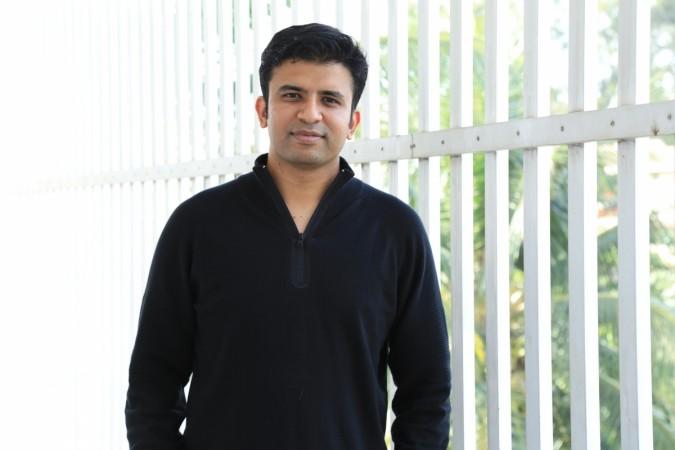
India's online health care sector is growing at a remarkable pace but the disparity between how rural and urban India benefit from it are stark, according to Shashank ND, founder and CEO of Practo Technologies, one of the country's largest health care technology providers.
Speaking to International Business Times, India on the sidelines of a conference involving start-ups in the city of Bangalore, Shashank emphasised the government's responsibility to narrow this gap and help private enterprises bring health services to rural India where most of the country's 1.2 billion people still reside.
"In urban India, the role of government in healthcare is very low, but in rural India, it's very high. In the primary healthcare centres, better efficiency can be brought in with the use of technology. One of the solutions for rural India would be to figure out a way to provide more medical devices as they can bring down the cost of healthcare dramatically," he told IBTimes India.
Practo, which is present in 35 cities across India, serves over 200,000 healthcare providers, hospitals and diagnostic centres. Since launching in India in 2008, it has also expanded to markets like Singapore, Philippines and Indonesia, and attracts over 10,000 searches every month across India.
Hardware and software
The Practo founder observed that while customers in urban India face issues like reliability, in rural India affordability is the main challenge followed by a lack of trained medical professionals and equipment. Tackling these issues, Shashank said, would help screen medical ailments early, further reducing the cost of treatment.
Further highlighting the challenges in India's online healthcare sector, Shashank said increasing awareness about the type of services provided online is really difficult. And while the health-tech segment in India is doing really well with healthcare professionals adopting technology, online businesses need to focus on easing the process for consumers, he added.
"The healthcare industry is very complex and one needs to go through a lot many stages to recover –from booking the appointment, visiting the doctor to getting the tests and medication –making it a big ordeal," he said.
Practo Consult, a platform connecting doctors with patients for online consultation, is working on the problem but language presents a barrier. "Some of our products are supporting vernacular languages and we are working on framing all Practo products to be vernacular based, because we want to serve every Indian," he added.
"The Indian medical devices industry is estimated to grow three times in the next five years. India is producing some very good medical devices and this industry should be allowed to import parts with low duty or reduced taxation," he said.
The adoption of Practo Tab in tier II and III cities provides validation that medical devices can improve the healthcare eco-system in India, he said. Practo Tab, an exclusive device for doctors, is used by hospitals and clinics to schedule appointments and for patient record management.
"Today countries like the U.S. and many others have shown that the utilisation of digital products like digital EMRs and digital practice management software improve the outcome and efficiency of the healthcare eco-system and we hope that the government can incentivise their usage for colleges, hospitals and other institutes in the healthcare domain," he added.
Public-private partnership
Talking about the requirements of the online healthcare sector, Shashank said that India should capitalise on government initiatives like "Startup India" and "Digital India," which are encouraging entrepreneurs to build new products and services using the Internet.
Also, highlighting the importance of innovation, Shashank said that the government should subsidise innovation in healthcare for better outcomes.
Talking about the GST bill, Shashank said it would help improve efficiencies and reduce overhead costs for start-ups, especially those that work on logistics.
"For example, we deliver medicines in Bangalore which we hope to take across to other areas as well and the bill will help in making that process easier as well," he said.
Power of compounding and consolidation
Talking about Practo's future endeavours, Shashank said that its consumers will start benefiting from the acquisitions the company made last year.
"We did four to five acquisitions and launched in multiple countries. A lot of our work was done in primary care and secondary care and, with our acquisitions — Instahealth and Qikwell — we also expanded in tertiary care," he said.
Talking about Practo's plans to provide preventive solutions, Shashank noted that some partnerships are underway with many leading insurance providers in India. "Southeast Asia is our primary focus, and the developing market provides us with the right kind of environment to foster innovation and we want to show this innovation out," he added.













